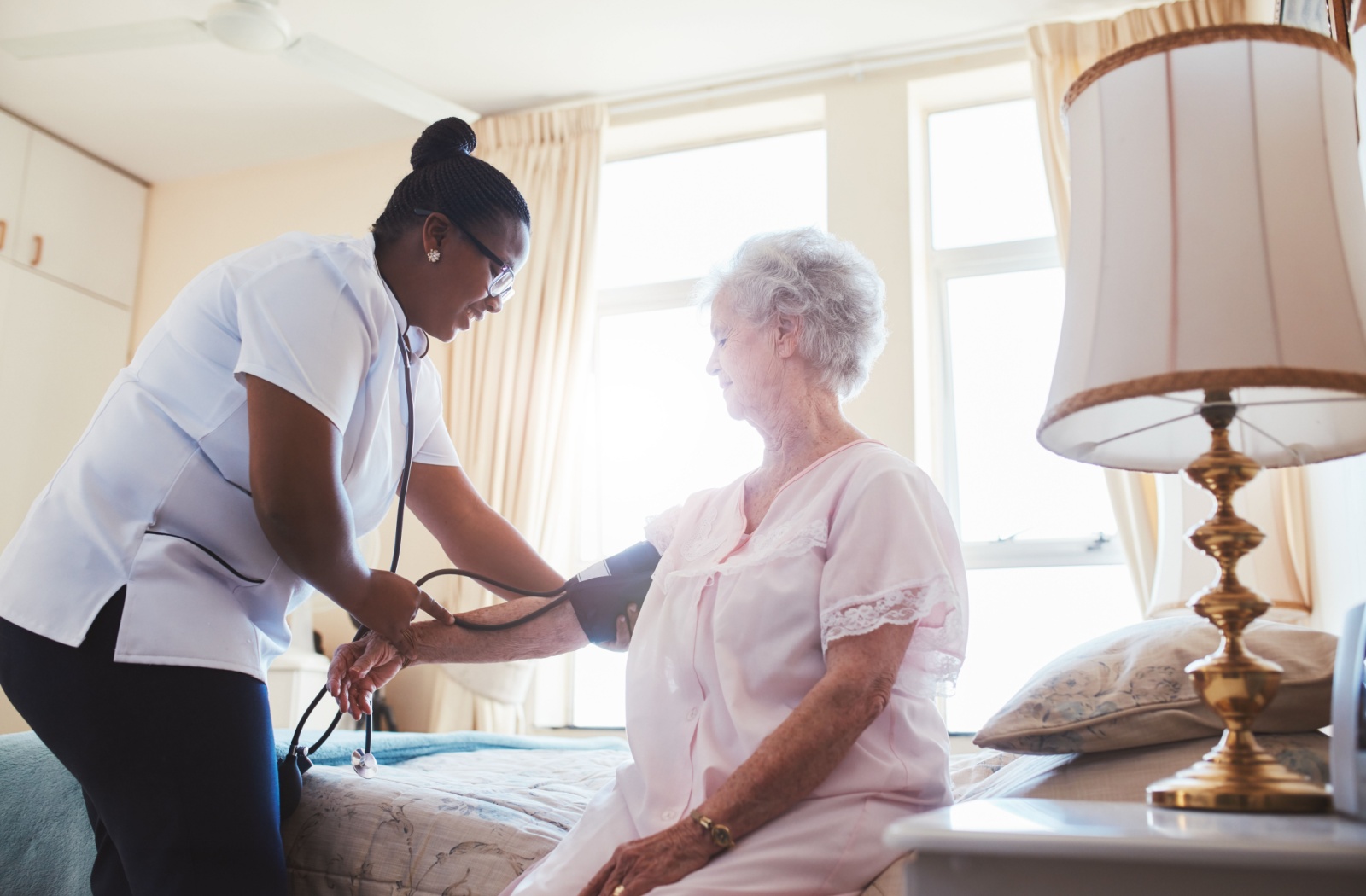Assisted living communities are designed for seniors who need some assistance with daily activities, but do not require round-the-clock medical care. In general, assisted living communities do not have registered nurses on staff. This is because they are not considered medical facilities and are therefore not required to have licensed medical professionals on-site at all times. However, this does not mean that residents in assisted living do not receive any medical care.
Types of Medical Support in Assisted Living
While assisted living communities do not have nurses on staff, they may still provide some level of medical support for their residents. This can include:
- Medication Management: Most assisted living communities have a team of trained staff members who can provide basic medical assistance, such as administering medications and monitoring vital signs. These staff members may include licensed practical nurses (LPNs) or certified nursing assistants (CNAs). They are not registered nurses, but they do receive specialized training in providing care for seniors.
- On-Call Nurses: In some cases, assisted living communities may have a registered nurse who is on-call for emergencies or more complex medical needs. This means that while they are not physically present in the community, they can be reached in case of an urgent medical situation.
- Outside Medical Services: Assisted living residents also have access to outside medical services. This can include visits from doctors, nurses, therapists, and other healthcare professionals. These services can be arranged by the community or by the resident’s family members.
- Emergency Services: Assisted living communities are equipped to handle medical emergencies and have protocols in place for when a resident needs urgent medical attention. This may include calling 911, contacting the on-call nurse, or transporting the resident to a nearby hospital.
- Personal Emergency Response Systems: Many assisted living communities provide residents with personal emergency response systems (PERS). These are devices that can be worn as a pendant or bracelet and allow the resident to easily call for help in case of an emergency. This provides peace of mind for both the resident and their loved ones.
Additional Medical Resources
In addition to these types of medical support within an assisted living community, there are also other resources available to seniors for their healthcare needs. These can include:
- Home Health Care: For seniors who may need more frequent or intensive medical care but still want to remain in their own homes, home health care services are a great option. This can include assistance with medication management, wound care, physical therapy, and more.
- Telemedicine: With the advancement of technology, seniors now have access to medical professionals through telemedicine. This allows for remote consultations with doctors, saving time and energy for both the seniors and their family members.
- Durable Medical Equipment (DME): Assisted living communities often work with suppliers of DME such as wheelchairs, walkers, and oxygen tanks. This ensures that residents have access to the necessary equipment for their health needs.
- Transportation Services: Many assisted living communities also provide transportation services for medical appointments, making it easier for seniors to get to and from their doctor’s office or hospital.
- On-Site Clinics: Some larger assisted living communities may have on-site clinics staffed with healthcare professionals who can provide basic medical care to residents. This can be especially helpful for seniors with chronic health conditions.
- Hospice Care: Hospice services may also be available within an assisted living community. This allows for a seamless transition from independent or assisted living to hospice care, providing comfort and support for both the resident and their loved ones.
- Social and Emotional Support: Along with physical health care, many assisted living communities also offer social and emotional support for their residents. This can include activities like group outings, classes, and social events to promote a sense of community and combat feelings of loneliness or isolation.
- Nutrition Management: Good nutrition is crucial for seniors’ overall health, but it can become more challenging as they age. Assisted living communities often have on-site dining options with nutritious meals tailored to seniors’ dietary needs and restrictions.
Prioritizing Resident Health & Safety at All American Assisted Living
At All American Assisted Living at Londonderry, we prioritize the health and safety of our residents. Our trained staff members are available 24/7 to assist with medication management and monitoring vital signs. We also offer a range of assisted living care options tailored to individual needs, as well as engaging enrichment programs for our residents to enjoy. Contact us today to learn more about our assisted living services and how we can provide personalized care for your loved one.



